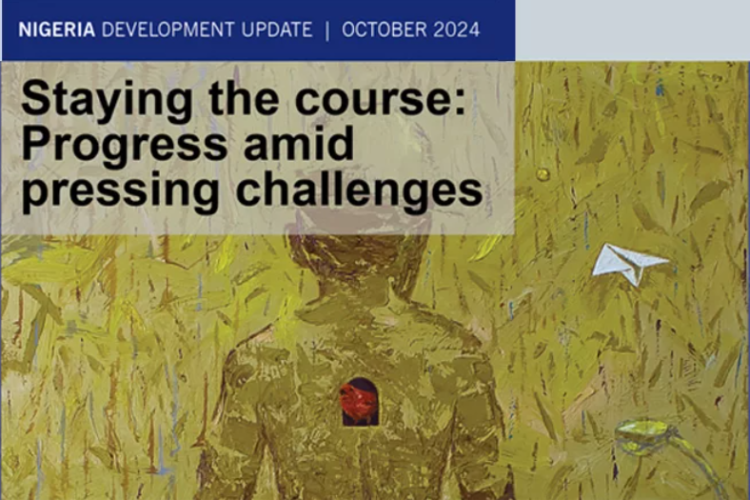
Niger Delta Weekly Conflict Update: September 29 – October 05, 2024
October 4, 2024
Niger Delta Weekly Conflict Update: October 06-12, 2024
October 11, 2024All workers, regardless of their job type, are entitled to the highest attainable standard of mental health at work. This fundamental right extends equally to individuals with existing mental health conditions, who deserve not only the opportunity to access employment but also the ability to fully participate and thrive in their workplaces. Employers and governments bear the responsibility of upholding these rights by creating work environments that proactively prevent mental health risks, protect workers’ wellbeing, and provide support to those facing mental health challenges. Ensuring mental health at work is not just about managing stress but also fostering a work environment free from stigma, discrimination, or abuse.
Addressing mental health in the workplace is crucial to preparing for the future of work in an evolving world. Rather than viewing mental health management as a challenge, it should be seen as an opportunity for sustainable development. Healthy, inclusive workplaces not only boost mental and physical wellbeing but also reduce absenteeism, improve productivity, and enhance morale and teamwork. When workers experience good mental health, they are better equipped to handle stress, reach their potential, and contribute meaningfully to their communities. Simultaneously, workplaces that prioritize mental health foster conditions that protect employees’ wellbeing.
These guidelines provide comprehensive, evidence-based recommendations on organizational interventions, manager and worker training, and individualized support to foster mental health at work. The recommendations particularly emphasize supporting workers with mental health conditions by helping them gain employment, return to work after absences, and be supported through reasonable accommodations at work.
The World Health Organization’s guidelines highlight the importance of tailored interventions for different workplace needs. Whether directed at entire workforces (universal interventions), workers at risk of mental health issues (selective interventions), or those already experiencing distress (indicated interventions), the goal is to provide appropriate mental health support at every level. By implementing these recommendations, workplaces can contribute to a healthier, more productive environment, while supporting national and international policy development in mental and occupational health.
The guidelines, developed according to WHO’s evidence-based standards, reflect the collaboration between the Guideline Development Group (GDG) and the WHO Steering Group. Together, they identified key interventions crucial to improving mental health at work, while ensuring transparency in the process by managing conflicts of interest. These guidelines are set to shape workplace mental health policies, enhancing the implementation of strategies that foster psychological wellbeing across sectors.
WHO-guidelines-for-Mental-Health-at-Work.pdf (622 downloads )








